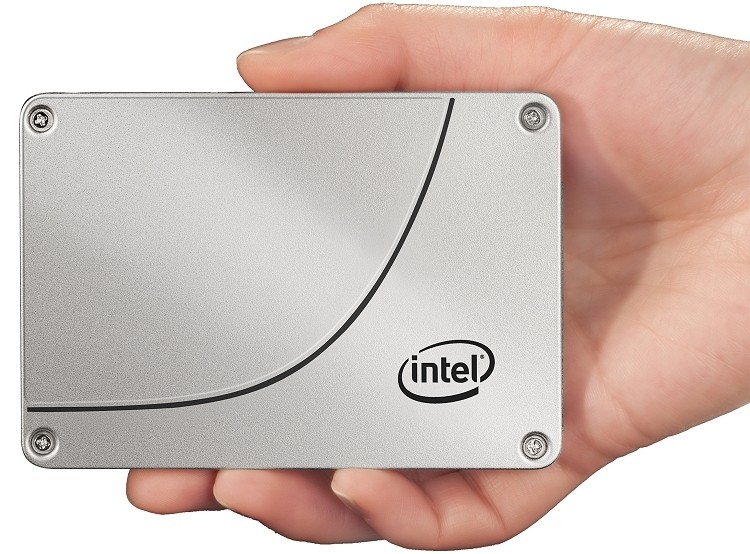Enthusiasts have been squeezing extra performance out of processors, memory and graphics cards via overclocking for as long as I can remember. The challenge and ultimate satisfaction of achieving a stable overclock can often be more rewarding than the performance gains which is why Intel’s first public demonstration of overclocking a solid state drive piqued my interest so.
Next month’s Intel Developer Forum in San Francisco will be the stage for the tech demo according to a published session agenda titled Overclocking Unlocked Intel Core Processors for High Performance Gaming and Content Creation. Specifically, Intel mentions the first public demonstration of overclocking Intel SSDs will occur. The talk is scheduled for the morning of September 10 at 11:00 AM.

There’s not a whole lot to go on otherwise, but the idea itself brings up a few possible scenarios. Intel could be prepared to let users overclock the controller chip on their solid state drive or perhaps enable overclocking of the storage interface – either SATA or PCIe. The latter seems a bit less likely from a practical standpoint as overclocking the entire interface would also affect other connected devices.
While the idea of a faster anything is always welcomed, I’m also a bit leery of overclocking a storage device as one false move or bad overclock could potentially spell disaster for valuable data. I’d venture a guess that Intel has thought about this as well and has some sort of data loss prevention method in place, however.